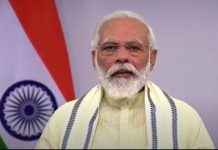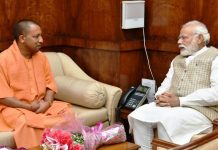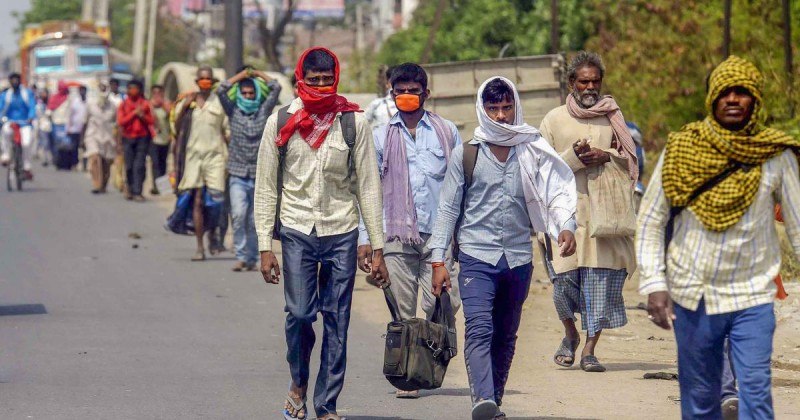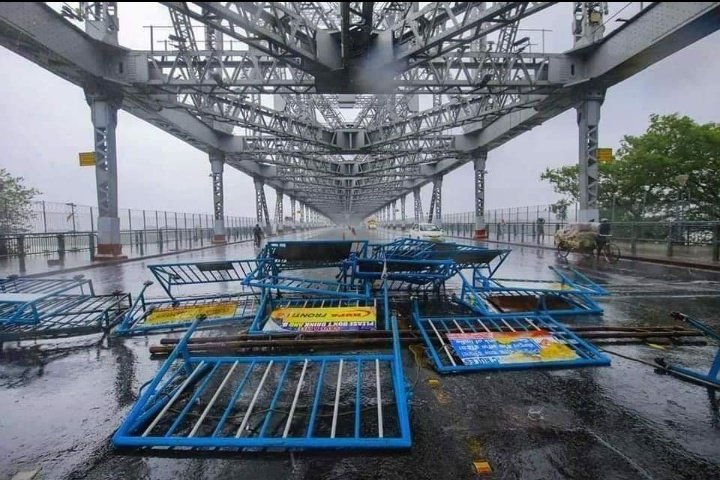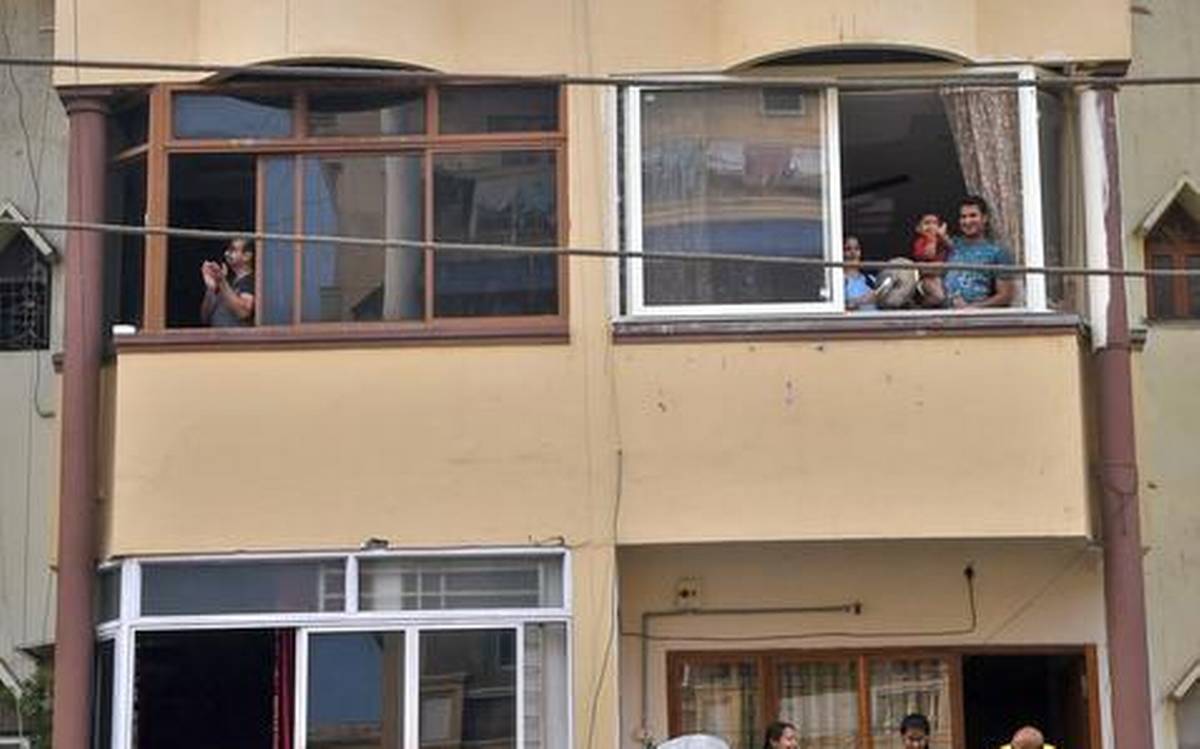
On Friday, Prime Minister Narendra Modi urged citizens of India to switch off their lights and hold candles, lamps and mobile flashlights on Sunday, April 5, for 9 minutes in a nationwide show of solidarity, to fight the “darkness of coronavirus.”
The coronavirus infection in India has crossed above 2500 and 65 deaths have been recorded. More than 22 migrant workers have died of starvation while returning back to their villages on foot and hundreds of workers are still stranded on the roads. Ever since the coronavirus pandemic broke out, the existing condition of India’s health workers is becoming more pathetic.They are working with insufficient medical equipment’s, lack of medical protective gear and of course a shortage of infrastructural facilities in hospitals.
A shortage of groceries due to fragile transportation networks and a lack of organised dissemination of daily essentials in both rural and urban areas of the country have created a ruckus. We saw how after the lockdown, hundreds of migrant workers were compelled to either assemble at Delhi’s Anand Vihar bus terminal to catch a bus home or were compelled to take these extensively long journeys back home on foot. In these difficult times, the journey back home seemed like the best possible alternative. Their already meagre wages had stopped and even their savings had ended, how were they or their families going to survive in these costly cities anyway?
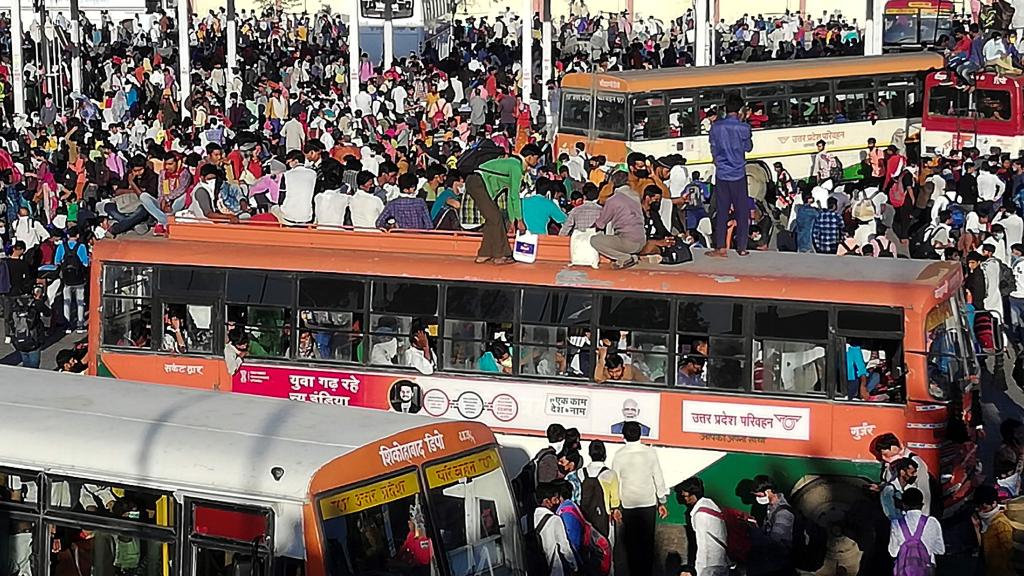
Image:Dailytelegraph.com.au
Without any arrangement of food and water, or even a place to rest: many who decided to walk back home lost their lives to exhaustion and starvation. Children and the old, women and men from these families of migrant workers could be seen in a poor and terribly fragile condition. While many of them could not bear the hardship that the long and tiresome walk brought forward, others who have reached back home have either nothing to eat or no way of feeding their families amidst the lockdown. They are waiting to hear from the government about the arrangements and packages that it is building so that their survival becomes possible, but sadly not much has been said or done so far. Does the establishment really not care for the survival of the people who constitute India’s migrant workers?
The urban middle class has stocked up on groceries and has enough savings to see them through these tough times, they are waiting eagerly to light up candles in solidarity with the prime minister’s latest speech. While we ignite the flame and celebrate India’s “dedication” to fight coronavirus “collectively”, we must really look at the paradox of it all!
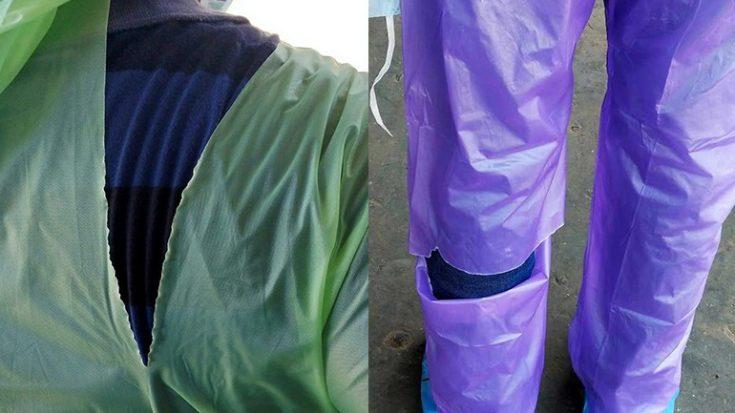
The country’s medical personnel are being ostracised from gated communities and their neighbours are refusing to treat them well for the fear of infection, our migrant workers are walking for miles without food or water and are dying of exhaustion, our poor and marginalised people have no source of earning or fiscal package to see them through these turbulent times: yet we fail to acknowledge these issues as long as we have enough to live comfortably through our quarantines. But can we not understand the plight of those who are not so well off and those whose kitchens have been empty ever since the lockdown first began? If there is any humanity left within us, we must extend our hands to help.
Deepti Singh is a freelance journalist – based in Lucknow.

